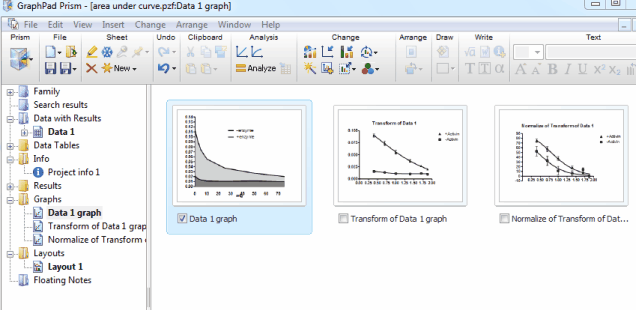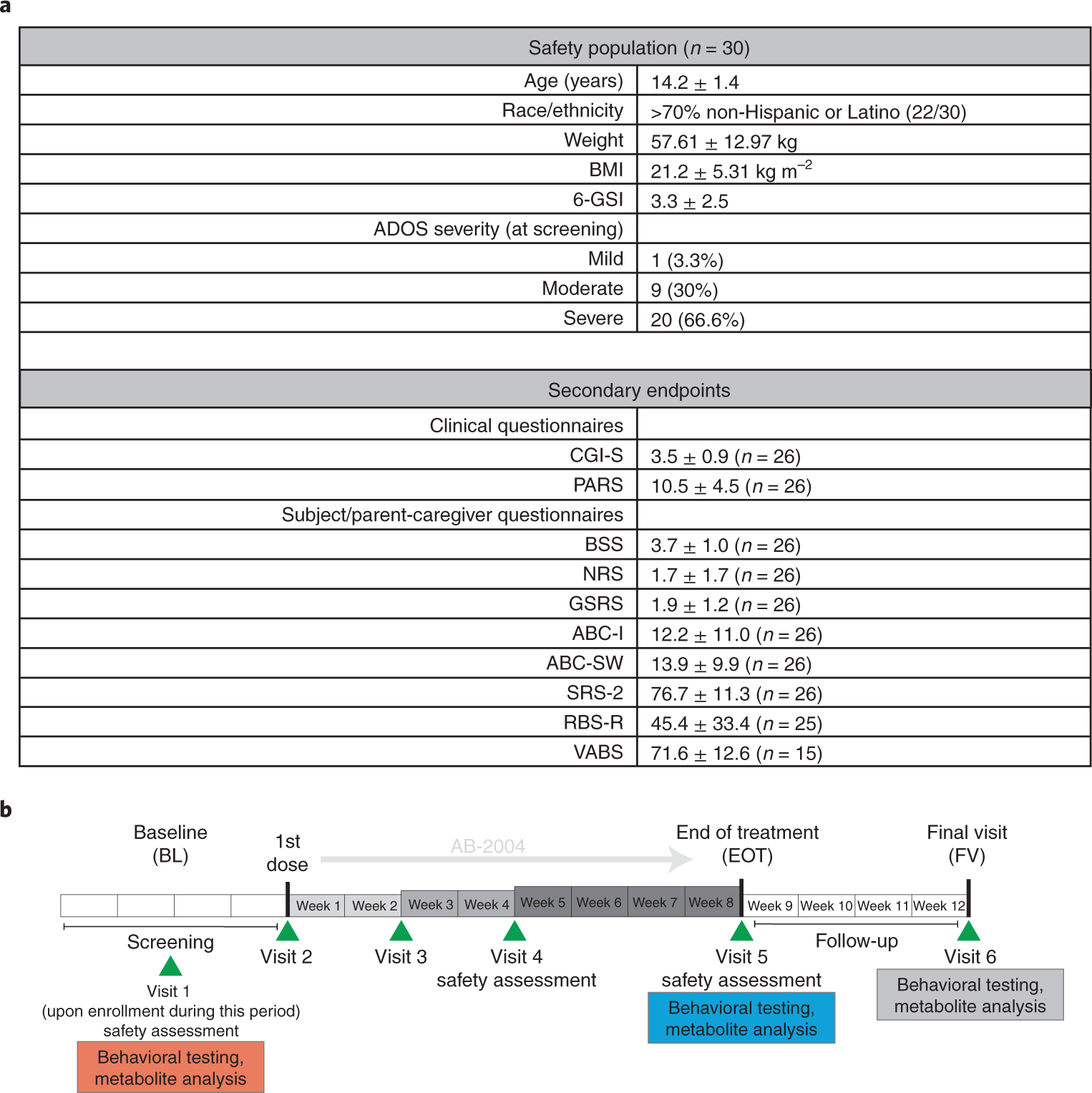

Here we investigate the pre-clinical potential of alectinib in an ALK positive neuroblastoma context. Moreover, alectinib exhibits strong activity toward the EML4-ALK-L1196M gatekeeper and the ALK-F1174L and ALK-R1275Q mutations ( 31).
#GRAPHPAD PRISM 7 TRIAL RESET FREE#
Alectinib has improved ALK inhibition and blood brain barrier transport when compared with crizotinib and reports show an longer median progression free survival ( 35– 37) as well as an improved safety profile in NSCLC compared with crizotinib ( 36, 38). These ALK TKIs differ in their ability to inhibit different ALK mutations, since certain mutations mediate steric hindrance that impair binding of a particular drug to the kinase ( 24, 29).Īlectinib is a next generation orally available, highly selective, ATP-competitive ALK TKI ( 31– 34), that was approved in July 2014 (Japan) and December 2015 (US) to treat relapsed ALK-positive NSCLC as well as patients that were unable to tolerate crizotinib. Since crizotinib, a number of next generation ALK inhibitors have been approved and/or are included in late phase III clinical trials for NSCLC ALK fusion patients ( 30). Although responses to ALK TKIs are very positive initially, the majority of ALK-positive patients develop an acquired resistance leading to complex treatment strategies and disease monitoring ( 28– 30).

A subsequent trial that randomized chemotherapy-naïve patients with advanced ALK-positive NSCLC to receive crizotinib or chemotherapy showed longer progression free survival in the crizotinib arm compared to chemotherapy, although no difference in overall survival was observed ( 27). In the initial phase I trial crizotinib demonstrated an impressive objective response rate ( 26). The first generation drug crizotinib displayed antitumor activity against ALK and c-Met in experimental models of ALCL ( 25). Over the last decade a number of ALK tyrosine kinase inhibitors (TKIs) have been developed and approved for treatment of patients with ALK-positive NSCLC ( 24). These are mostly point mutations in the kinase domain of the full-length ALK receptor, although deletions have also been described in the extracellular domain that constitutively activate ALK kinase activity ( 16, 21– 23). ALK mutations occur in 9% of primary tumors but this percentage is increased in the relapsed neuroblastoma patient population ( 18– 20). Neuroblastoma is a heterogeneous disease which displays common genomic aberrations, such as deletion of parts of chromosome arms 1p and 11q, gain of 17q ( 14, 15), and amplification of the MYCN oncogene ( 16, 17). In addition to ALK fusions, mutation of ALK in pediatric neuroblastoma has been reported ( 9– 13). Numerous ALK fusion proteins have been described in a wide range of cancers including non-small-cell-lung-cancer (NSCLC), inflammatory immunofibroblastic tumors (IMT), and diffuse B cell lymphoma (DBCL) ( 8).
#GRAPHPAD PRISM 7 TRIAL RESET FULL#
The full length ALK receptor tyrosine kinase (RTK) ( 2, 3), is activated by ALKAL ligands ( 4– 7). The results suggest that alectinib is an effective inhibitor of ALK kinase activity in ALK addicted neuroblastoma and should be considered as a potential future therapeutic option for ALK-positive neuroblastoma patients alone or in combination with other treatments.Īnaplastic lymphoma kinase (ALK) was initially described as a fusion partner of nucleophosmin (NPM) in the NPM-ALK translocation in a cell line derived from a patient with anaplastic large cell lymphoma (ALCL) ( 1). Inhibition of ALK activity was observed in vitro employing a set of different constitutively active ALK variants in biochemical assays. Employing neuroblastoma cell lines and mouse xenografts we show a clear and efficient inhibition of ALK activity by alectinib. Here, alectinib, a potent next generation ALK inhibitor with antitumor activity was investigated in ALK-driven neuroblastoma models. Initial clinical trial results have shown that it is difficult to inhibit growth of ALK positive neuroblastoma with crizotinib, motivating investigation of next generation ALK inhibitors with higher affinity for ALK. ALK mutations are reported in an estimated 9% of neuroblastoma and recent reports indicate that the percentage of ALK-positive cases increases in the relapsed patient population. Oncogenic receptor tyrosine kinases including anaplastic lymphoma kinase (ALK) are implicated in numerous solid and hematologic cancers. Department of Medical Biochemistry and Cell Biology, Sahlgrenska Academy, University of Gothenburg, Gothenburg, Sweden.Lind, Diana Cervantes-Madrid, Ganesh Umapathy, Ruth H. Muhammad Wasi Alam, Marcus Borenäs, Dan E.


 0 kommentar(er)
0 kommentar(er)
